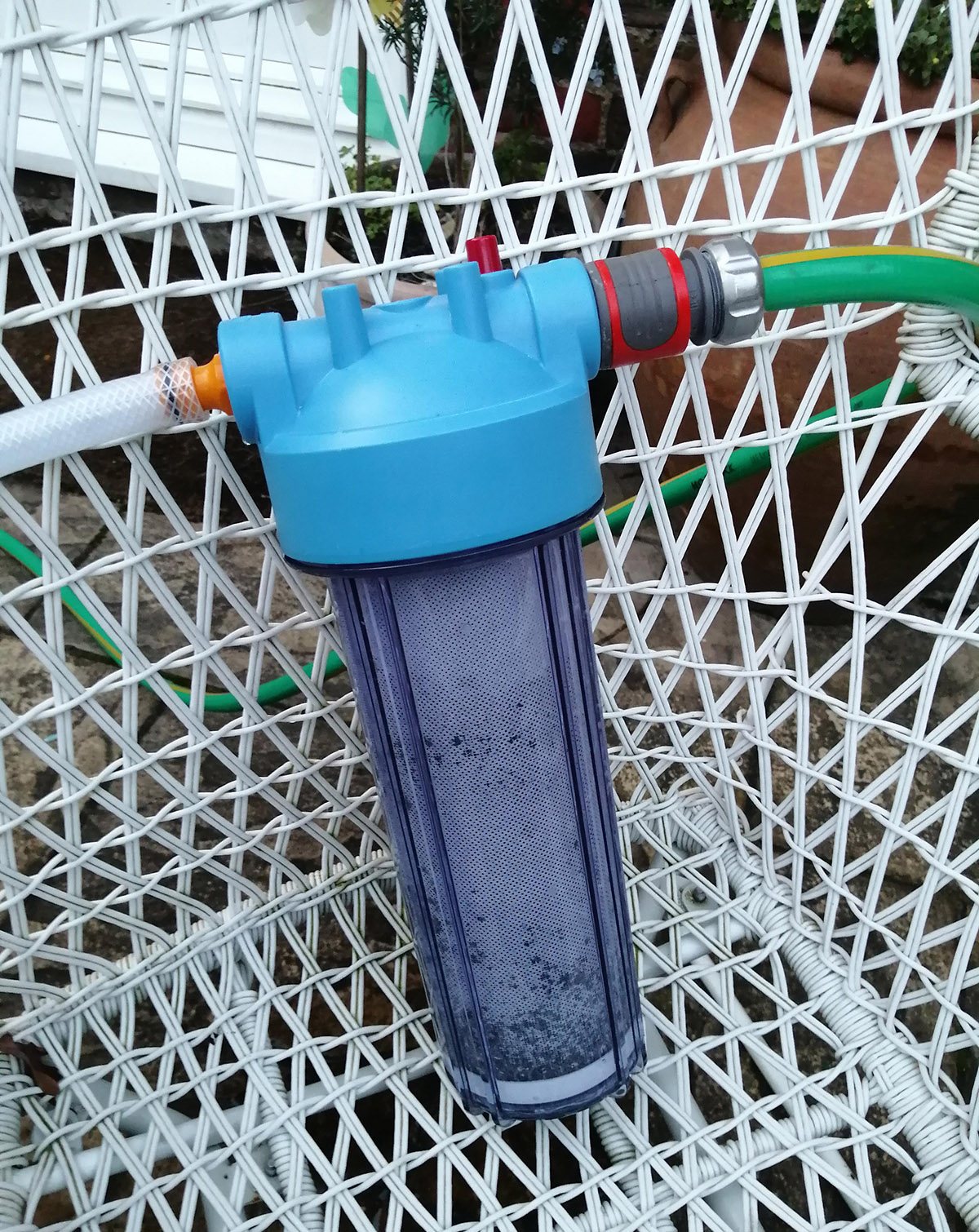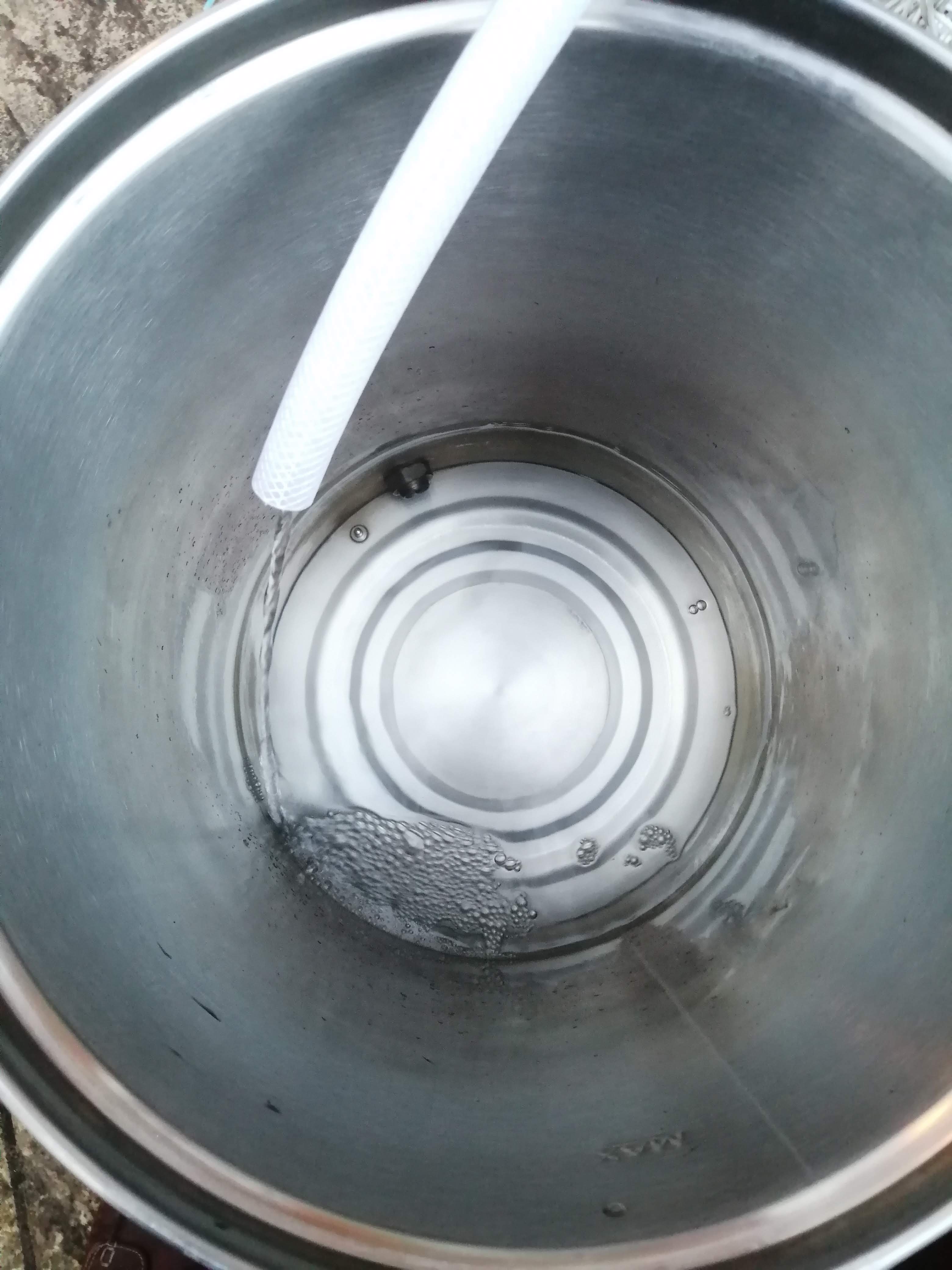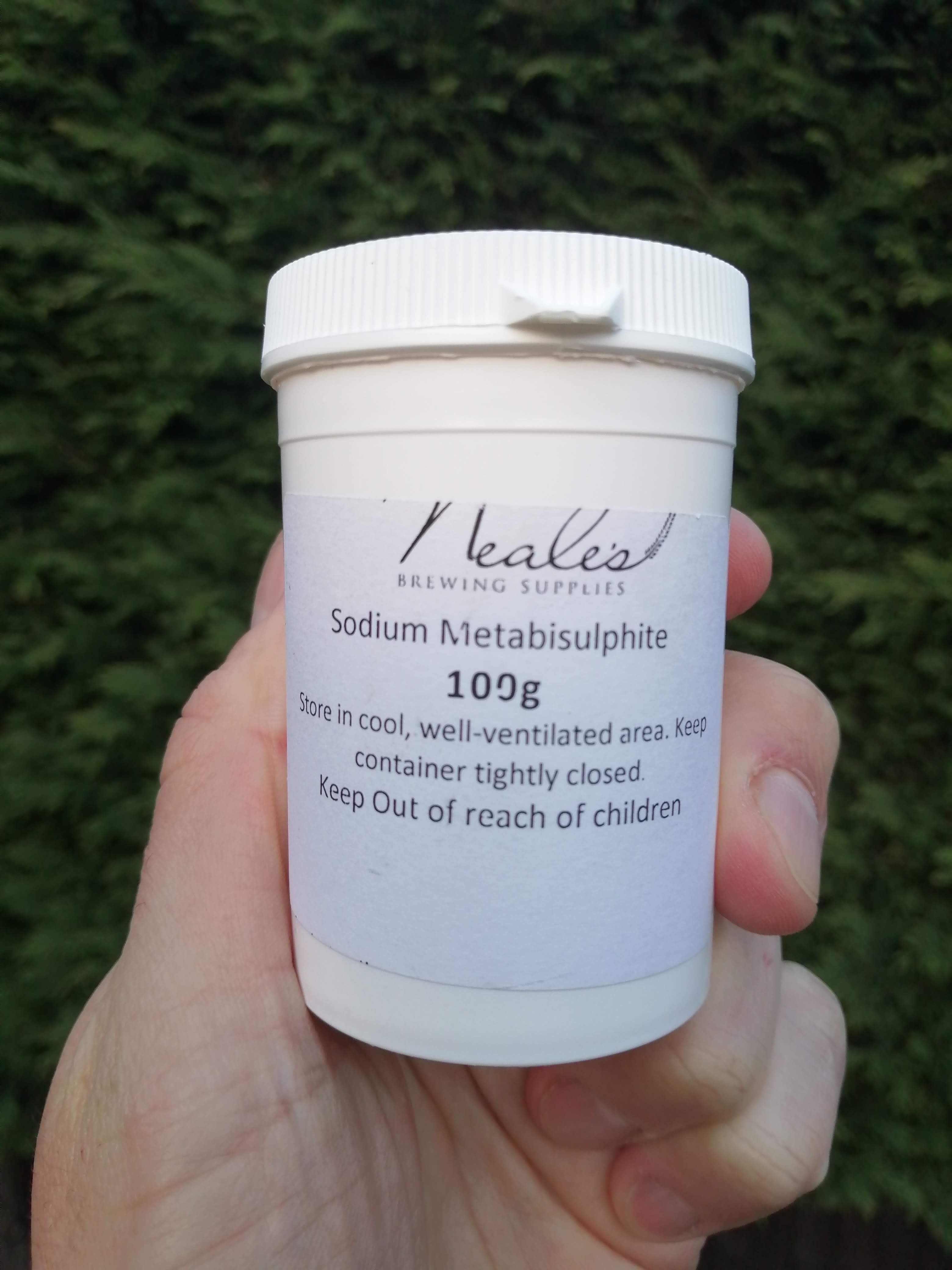How I prepare my water for Homebrewing
In this article, I wanted to share with you some of the ways that I prepare my local water for homebrewing. I live in Surrey in the U.K. Our water isn't too bad, but much like London water it is quite hard and more suited to styles like Porters and Stouts.
It's a well-known fact that water makes up about 95% of the beer that we drink. Which is why its so important to make sure that you provide your homebrew with only the best stuff. I live in Surrey in the U.K. Our water isn't too bad, but much like London water it is quite hard and more suited to styles like Porters and Stouts.
In this article, I wanted to share with you some of the ways that I prepare my local water for homebrewing. I won't be covering salts and water additions, but more of the "purifying" side of things. I really like what James Heffron (Head Brewer at Verdant) says about water:
Working with the water in your area, in my opinion, is one of the most exciting parts of brewing that’s similar to the concept of ‘terroir’ in farming.
The other thing about my local water is that it contains Chlorine and Chloramines. Both of which can add a medicinal flavour to the finished beer if not removed properly. When I started out brewing, I used to make small 1 gallon brews and started filtering my water using a Brita filter. With 5 gallon brews, this simply isn't practical as it would take ages!
After a bit of research online, I came across the idea of a large carbon filter that you connect to a garden hose. I started to look around and put together something that looks like the image below.

It is essentially a 10" water filter housing filled with a carbon filter. I then added two male threaded adaptors to either side so that I can simply connect the garden hose pipe and run the water through.

One thing about the using this method is that you need to run the water very slowly through the filter in order to ensure that the carbon is able to remove the Chlorine effectively. If you run it through too quickly, it simply won't be as effective.
Finally, once I've collected enough water, I then treat it with a sprinkling of Sodium Metabisulphate (Campden).

For me, this extra step is more of a fail-safe way of ensuring that I remove as much of the chlorine and chloramine from the water. I also leave the water overnight and exposed to the air. I've heard that sodium metabisulphate takes effect almost immediately, but for some superstitious reason I still do this every time!
As a next step, I am considering adding another housing with a sediment filter and chaining this together with the carbon filter. I hope that you have found this article useful. I'd be interested to hear how you prepare your water for homebrewing.
